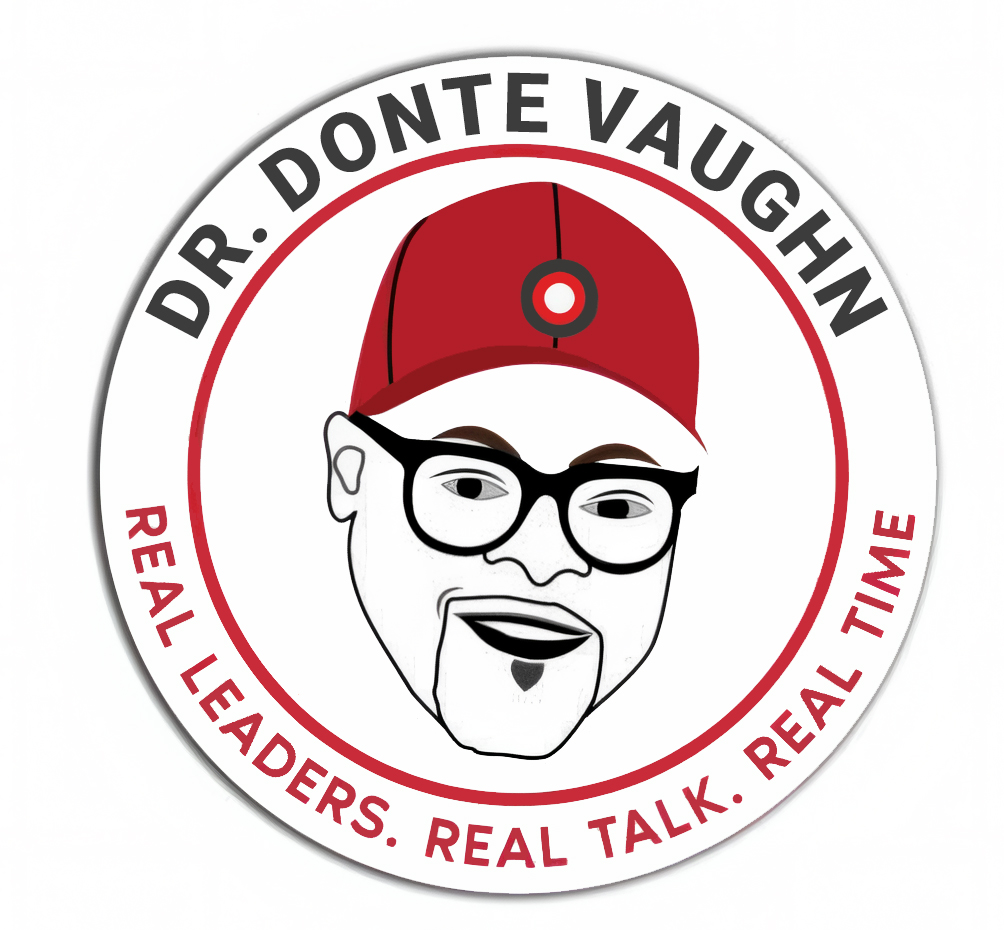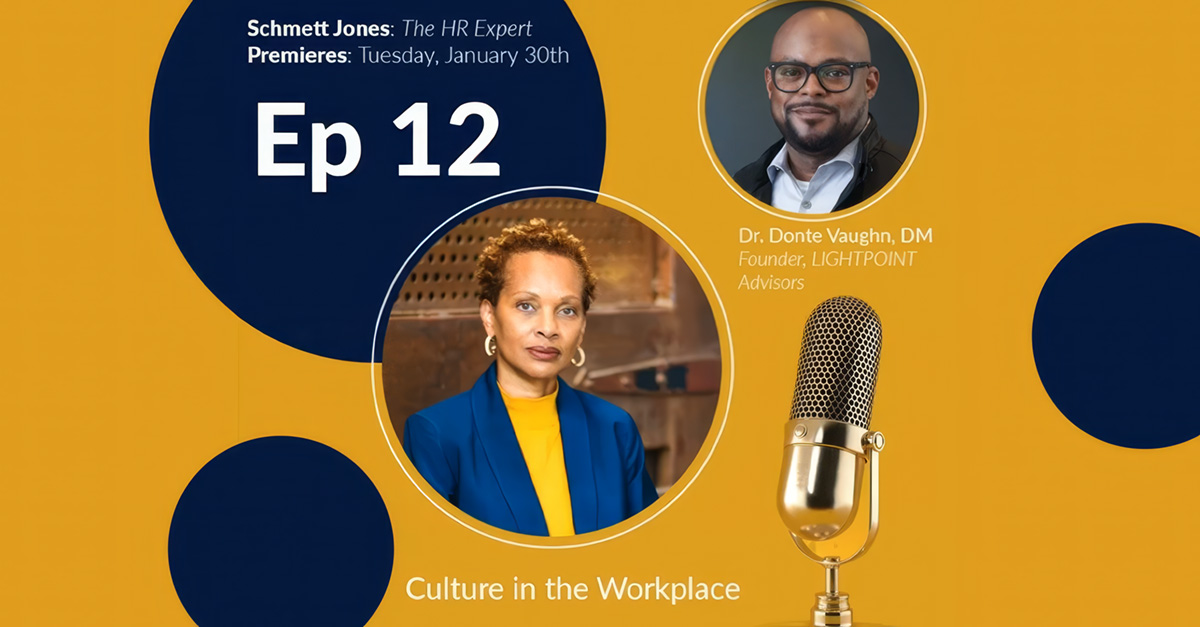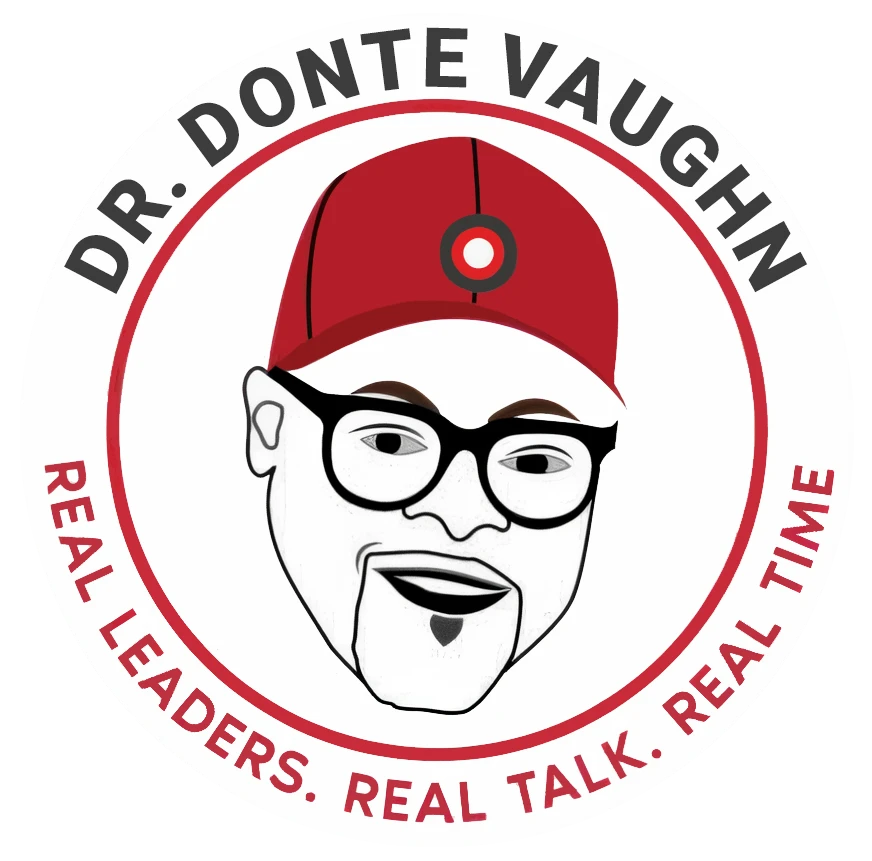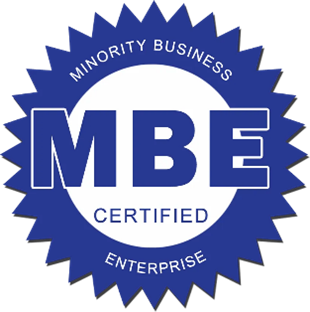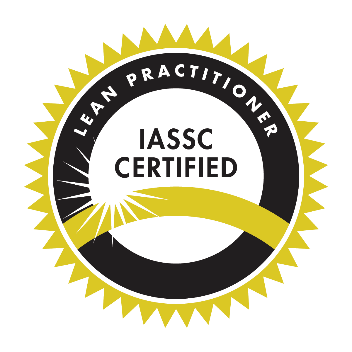In a recent podcast discussion between Schmett Jones and Dr. Donte Vaughn, the duo delved deep into the evolving nature of workplace culture, especially in the wake of the pandemic and amidst generational shifts in the workforce. Dr. Vaughn, a recognized expert in organizational leadership, shared his insights on how companies can better align their leadership practices with their cultural values to create more resilient and productive work environments.
The Pandemic as a Cultural Catalyst
The pandemic served as a litmus test for many organizations, revealing their workplace cultures’ true depth (or lack thereof). Dr. Vaughn noted,
"The pandemic, more than anything els,e highlighted organizations relative to the culture that will be the context of the window dressing that organizations have established around their seen workplace culture."
Dr. Dante Vaughn.
He pointed out that in times of adversity, the real culture of an organization—rooted in leadership behaviors and decision-making—becomes evident.
Bridging Generational Gaps
A significant portion of the discussion focused on the challenges of managing a multigenerational workforce. With Millennials and Gen Z workers increasingly making up a larger share of the workforce, Dr. Vaughn emphasized the importance of understanding their unique motivations.
"If I have a value system that speaks to my experience as the indicator I'm going to work on organization, then as an employer, what are you doing to make yourself an employer of choice?"
Dr. Dante Vaughn.
he asked, highlighting the need for organizations to rethink their value propositions to attract and retain younger talent.
Rethinking Compensation and Leadership
Dr. Vaughn also challenged traditional notions of compensation, urging leaders to consider the broader contributions of their employees beyond mere productivity. He questioned,
"Why are we paying employees? I'm paying for productivity, I'm paying for performance, I'm paying for the contribution for the skills that they claim they possess."
Dr. Dante Vaughn.
This perspective encourages leaders to align compensation with the true value employees bring to the organization, including their alignment with cultural values and long-term growth potential.
Leveraging Legacy Leaders
Another critical issue discussed was the role of legacy leaders in shaping subcultures within organizations. Rather than viewing these leaders as obstacles, Dr. Vaughn suggested leveraging their experience for knowledge transfer.
"We have to be careful about the biases against them as legacy contributors... they have a wealth of knowledge. How do you create a knowledge transfer pathway for them that aligns with their skills and competencies?"
Dr. Dante Vaughn.
The Importance of Re-Evaluating Mission, Vision, and Values
Dr. Vaughn stressed that organizations must regularly revisit and realign their mission, vision, and values to remain competitive. He noted, “As the demographic changes, as the market changes, so does the language that you use in your purpose,vision, andr mission.” These foundational elements should evolve with the organization’s strategic direction, ensuring they are more than just statements on a website but living guides for decision-making and cultural alignment.
Key Takeaways
- Adaptability is Crucial: The pandemic underscored the importance of having a resilient workplace culture that can adapt in times of crisis.
- Understand Generational Differences: Leaders must recognize and address the varying motivations and expectations of different generational cohorts within their workforce.
- Align Compensation with Contribution: Compensation strategies should reflect employees' broader contributions to the organizatio, beyond just productivity metrics.
- Leverage Legacy Leaders: Legacy leaders can be valuable assets in maintaining cultural continuity and facilitating knowledge transfer.
- Re-Evaluate Core Values: Regularly revisiting and updating your organization's mission, vision, and values is essential to staying relevant and competitive.
This podcast provided valuable insights into the complexities of modern workplace culture, reminding us that true leadership is about more than just maintaining the status quo—it’s about continuously evolving to meet the needs of both the organization and its people.
